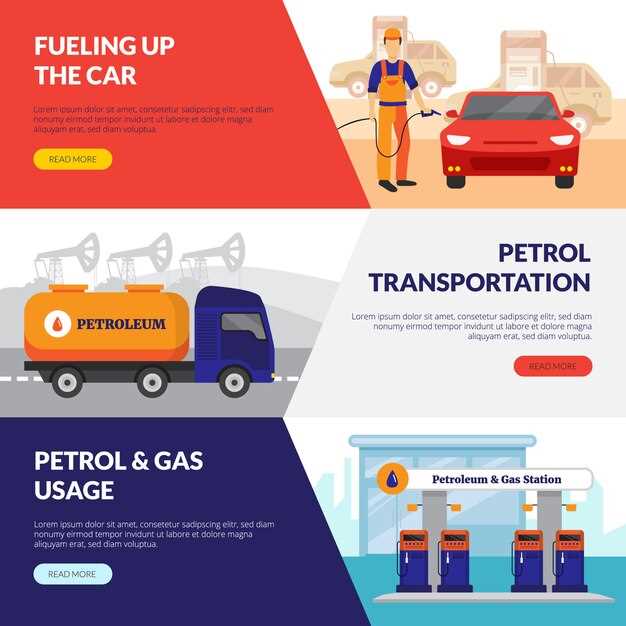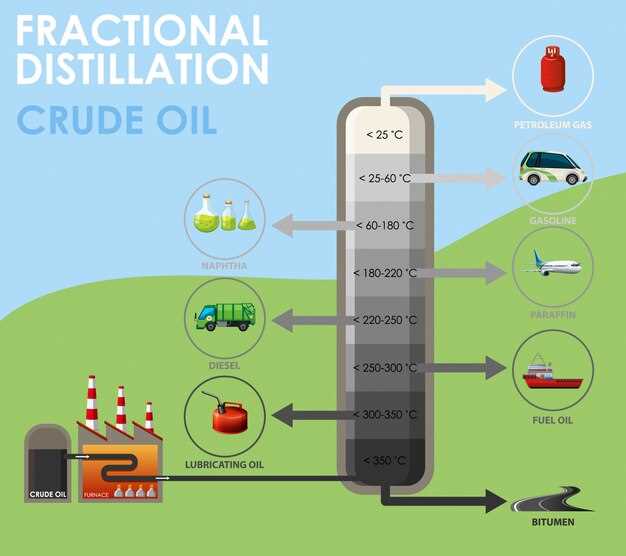
When it comes to choosing a truck for work or leisure, understanding the differences between gas and diesel engines is crucial. Each type of engine offers unique advantages and disadvantages that can significantly impact performance, fuel efficiency, and long-term ownership costs. This article aims to clarify the key differences between gas and diesel trucks, helping you make an informed decision tailored to your specific needs.
Fuel Efficiency and Torque: One of the most notable differences lies in the fuel efficiency and torque output of gas and diesel engines. Diesel engines typically provide higher torque, which translates to better towing capabilities and performance under heavy loads. In contrast, gas engines often excel in fuel efficiency for light loads and daily driving scenarios.
Maintenance and Longevity: The maintenance requirements for gas and diesel trucks also vary significantly. Diesel engines tend to have a longer lifespan due to their robust construction and lower RPM operation. However, they often require more specialized maintenance, which can lead to higher costs over time. On the other hand, gas engines may be easier and less expensive to maintain, but they generally do not last as long as their diesel counterparts.
Environmental Impact: Emissions and environmental considerations play an increasingly important role in truck ownership decisions. Diesel engines are known for their higher nitrogen oxide and particulate matter emissions, which can raise concerns in urban areas. Conversely, advancements in gas engine technology have led to lower overall emissions, making them a more environmentally friendly option.
Fuel Efficiency and Cost Analysis
Fuel efficiency is one of the most significant factors when comparing gas and diesel trucks. Diesel engines typically offer better mileage than gasoline counterparts, often achieving 20-30% more efficiency. This higher efficiency translates into fewer fuel stops and longer distances covered per tank, making diesel trucks more appealing for long-haul travel.
The cost of fuel is also a crucial component in the analysis. Diesel fuel is generally more expensive than gasoline; however, the improved fuel economy can offset this cost over time. For example, a diesel truck may provide over 600 miles per tank, while a gas truck might only go around 400 miles, reducing the frequency of refueling. This cost-effective aspect is vital for fleet operators looking to maximize profit margins.
Maintenance costs play a role in the overall price equation. Diesel engines tend to require more expensive maintenance, but they also have a longer lifespan. While repairs may be more costly and infrequent for diesel vehicles, gas trucks can incur more regular servicing. In the long run, individuals must consider both initial costs and potential long-term savings from fuel efficiency and durability.
Insurance and resale values are additional financial considerations. Diesel trucks often hold their value better than gas trucks, which can lead to a more favorable return on investment. Conversely, insurance premiums might be higher for diesel vehicles due to their cost and performance attributes.
Ultimately, the choice between gas and diesel trucks hinges on specific use cases. For high-mileage applications, diesel trucks often present a superior option due to their efficiency and longevity. However, for lighter tasks and urban driving, gas trucks may emerge as the more economical choice when factoring in immediate fuel costs and maintenance. Evaluating these aspects thoroughly aids buyers in making informed decisions that align with their financial objectives and driving needs.
Maintenance Requirements and Long-term Considerations

When choosing between gas and diesel trucks, understanding maintenance requirements and long-term considerations is crucial for making an informed decision. Both types of engines have their unique characteristics that affect upkeep and longevity.
Gas trucks generally require less intensive maintenance. Their engines tend to be simpler, which means fewer parts are susceptible to wear. Common maintenance tasks include regular oil changes, filter replacements, and occasional spark plug replacements. Typically, gas engines require more frequent oil changes due to their higher RPMs and lower durability compared to diesel engines. However, the overall cost of maintenance for gas trucks is often lower, making them appealing for everyday consumers who prioritize lower upkeep expenses.
On the other hand, diesel trucks demand a more rigorous maintenance schedule. Diesel engines are built for durability and longevity but have specific requirements. They require regular fuel filter changes and oil changes with specialized diesel oil to manage soot build-up. Additionally, diesel engines often include components like turbochargers and intercoolers that can add to maintenance complexity and costs. Always using high-quality diesel fuel is essential to minimize engine wear and prevent injector issues.
In terms of long-term considerations, diesel trucks typically last longer than their gas counterparts due to their robust design and lower operating speeds. This durability leads to higher resale values. However, the initial purchase price of diesel trucks is generally higher. Additionally, diesel fuel can be more expensive depending on the market. Owners of diesel trucks should account for potentially higher maintenance costs over time, especially if they neglect routine checks.
Conversely, gas trucks may have lower resale values and shorter lifespans, partly due to higher wear and tear. However, their lower initial cost, coupled with reduced maintenance expenses, can make them more attractive for short-term ownership. Fuel economy is another aspect, as diesel engines typically offer better mileage compared to gas engines, which can translate to savings in fuel costs over time.
Ultimately, prospective buyers should weigh their usage patterns, budget, and maintenance capability to choose the best option for their needs. Understanding the differences in maintenance and long-term investment can lead to more satisfactory ownership experiences regardless of the engine type chosen.
Towing Capacity and Performance for Various Applications

When it comes to towing capacity, diesel trucks generally outperform their gasoline counterparts. Diesel engines produce higher torque at lower RPMs, making them ideal for heavy loads and demanding applications such as towing trailers, boats, and large equipment. This characteristic is particularly advantageous for industries like construction, agriculture, and transportation where heavy-duty performance is required.
Gasoline trucks, while capable of towing, typically have lower torque and power compared to diesel models. They excel in lighter towing applications, such as small boats or utility trailers, and may be suitable for everyday tasks. For recreational uses like camping, gas trucks provide a good balance of performance and fuel efficiency.
Another consideration is the weight rating. Diesel trucks often come with higher Gross Vehicle Weight Ratings (GVWR), allowing them to handle more substantial loads legally. This rating is crucial for businesses that need to transport heavy machinery or large loads over long distances.
Performance in various terrains also differs between the two. Diesel trucks are known for their longevity and durability, making them better suited for rugged environments. Their turbocharged engines typically allow for sustained power across challenging inclines and rough roads. Gas trucks, on the other hand, may struggle in such conditions, particularly under heavy load.
Ultimately, the choice between gas and diesel trucks for towing applications boils down to specific needs. For intensive towing and hauling tasks, especially where weight is a primary concern, diesel trucks are the preferred option. Conversely, for lighter loads and everyday use, gasoline trucks may provide sufficient performance without the additional costs associated with diesel maintenance and fuel.



